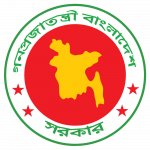Flexible TA support to MOHFW
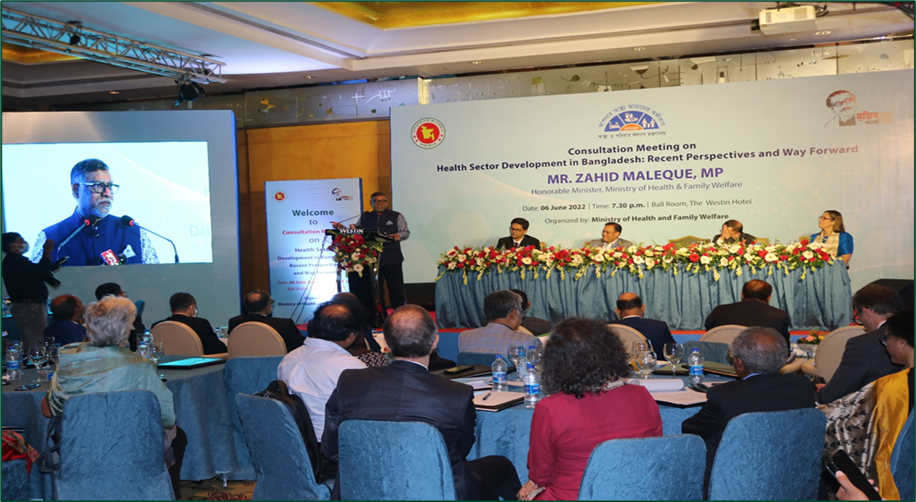
BHB developed the (i) MIS for DGME, an provides and provided (ii) TAs for LDs/Planning Wing of MOHFW; (iii) Consultants for designing 5th HPNSP; and (iv) Event facilitation support, field visit, logistics and other support for HPNSP.
Policy engagement with DGDA
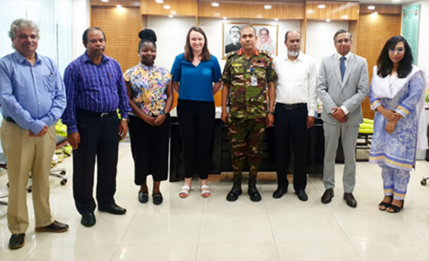
For the DGDA, BHB helped in the development of (i) Standards for Model Medicine Shops/ Model Pharmacies; (ii) Medicine Shop Accreditation System; and undertook activities for (iii) Promotion of Good Pharmacy Practice (GPP). Besides, BHB helped to develop (iv) Automated Drug Licensing & Renewal System (ADLRS); and (v) Pharmacy Management Software (PMS).
Multi-sectoral policy engagement for AMR
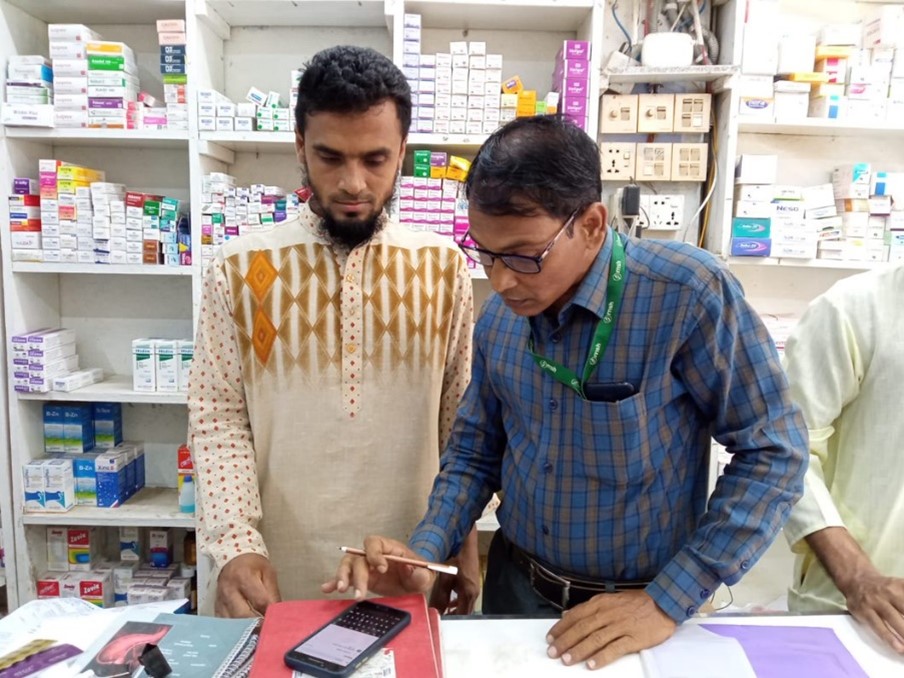
BHB conducts (i) campaigns for AMR, GPP, COVID-19, etc.; (ii) operates an eLearning platform to use as a potential knowledge transferring resource; and (iii) maintains an ICT system, renewal of web portal, software, plugins, Facebook, Blog, YouTube, etc. all for multi-sectoral policy engagement for AMR.
Tackling antimicrobial resistance in Bangladesh: A scoping review of policy and practice in human, animal and environment sectors
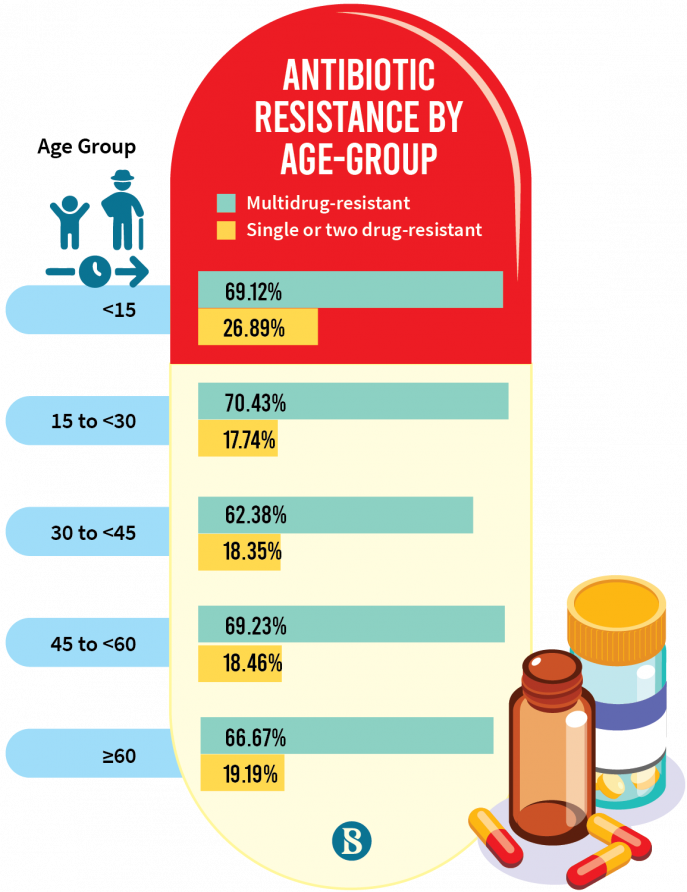
Background Antimicrobial resistance (AMR) has become an emerging issue in the developing countries as well as in Bangladesh. AMR is aggravated by irrational use of antimicrobials in a largely unregulated pluralistic health system. This review presents a ‘snap shot’ of the current situation including existing policies and practices to address AMR, and the challenges and […]
Community engagement: The key to tackling Antimicrobial Resistance (AMR) across a One Health context?
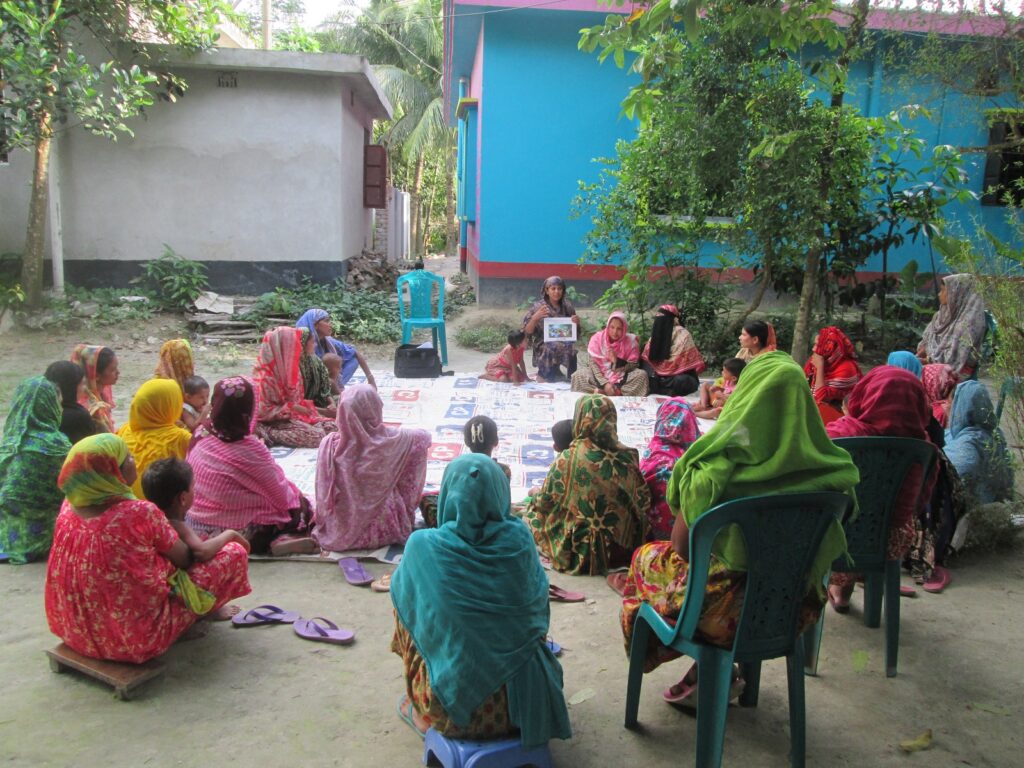
Antimicrobial resistance (AMR) is a One Health problem underpinned by complex drivers and behaviours. This is particularly so in low – and middle-income countries (LMICs), where social and systemic factors fuel (mis)use and drive AMR. Behavioural change around antimicrobial use could safeguard both existing and future treatments. However, changing behaviour necessitates engaging with people to […]
A bottom-up view of antimicrobial resistance transmission in developing countries

Antimicrobial resistance (AMR) is tracked most closely in clinical settings and high-income countries. However, resistant organisms thrive globally and are transmitted to and from healthy humans, animals and the environment, particularly in many low- and middle-income settings. The overall public health and clinical significance of these transmission opportunities remain to be completely clarified. There is […]
